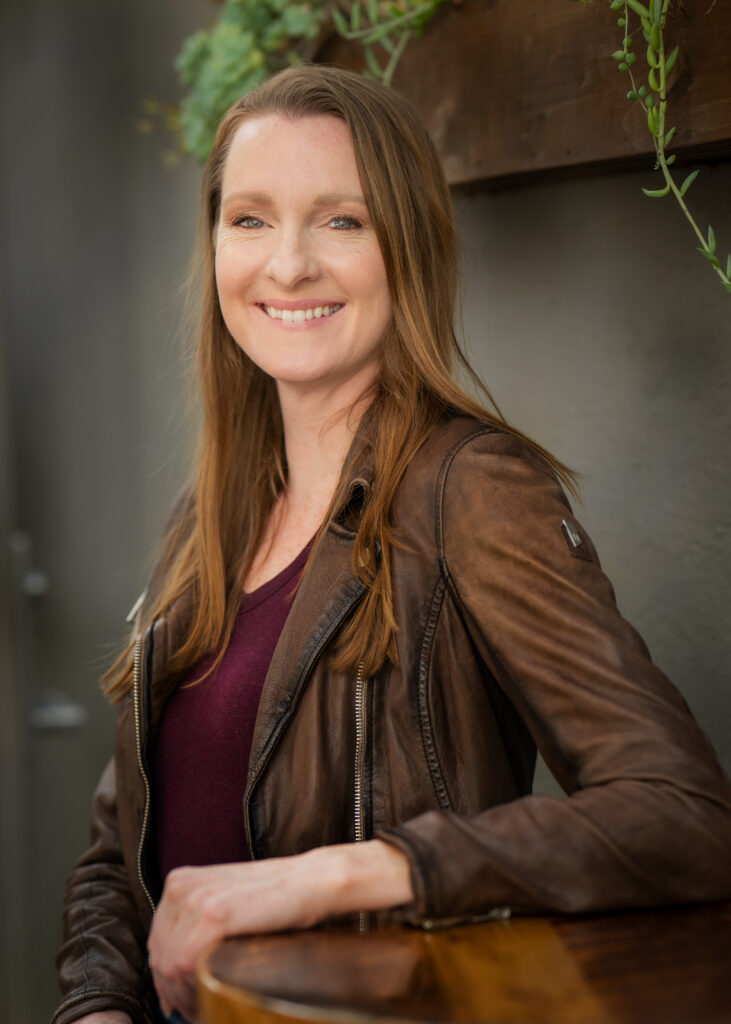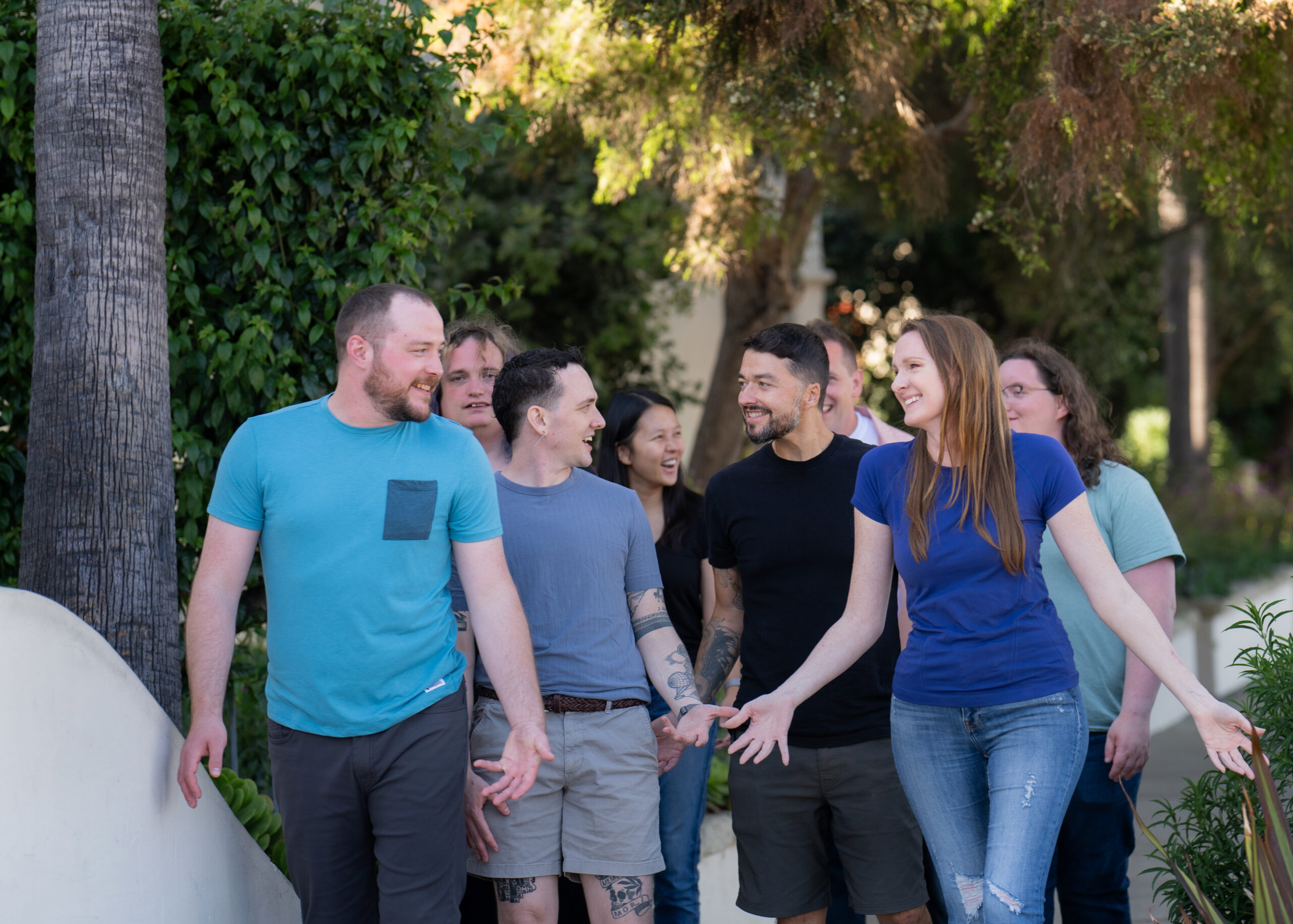In February 2025, Edera, the pioneer of strong workload isolation technology, announced its Series A round of funding totaling $15M. This round was led by M12 with participation from Mantis VC and In-Q-Tel (IQT). Existing investors Eniac Ventures, 645 Ventures, FPV Ventures, Precursor Ventures, and Rosecliff Ventures also participated in the round.
Co-founder and CEO Emily Long explained in the official announcement, “We’re eliminating the traditional tension between development velocity and security by making isolation intrinsic to the infrastructure.”
In this edition of Founders Feature, we connected with Emily to learn more about Edera’s roots, the power behind an all-women co-founding team, and what sets them apart from the competition. Here’s what she had to share:
Was there a particular moment or event that made you decide to take the entrepreneurial leap?

Emily: During my first call with my co-founders Alex Zenla (CTO) and Ariadne Conill (Distinguished Engineer), they likened the role of CEO to the conductor of an orchestra. They told me that each person playing their instruments off different sheets of music doesn’t create harmony. They wanted a co-founder and CEO who knew how to bring all the instruments together to build something that is greater than the sum of its parts.
That was the moment I knew this is where I belonged, because Alex and Ariadne valued my background in people and operations and inherently understood that a culture-minded CEO could accelerate the necessary scaling the business would require.
Too often, tech startups have to train up a technical CEO in operations and people and it can waste precious time in the earliest stages. We were able to move quickly, focus on everyone’s core strengths and skip ahead because of our approach.
Can you describe a significant pivot or change in strategy that your company has made?
Emily: We started the company about a year ago on April 1 and have been really committed to our original vision: to provide container isolation for cloud and AI workloads. What’s interesting is that the original idea for Edera came from an innovative pivot by Alex and Ariadne. Alex was rewriting the Xen Hypervisor in Rust for Edge and IoT applications when she shared what she was doing with Ariadne. Ariadne saw the potential in what Alex was building for solving the decade-long container security issue. Alex quickly pivoted to solving that problem, and here we are.
What do you wish you had known before starting your company?
Emily: What I’ve been struck by is not what I wish I’d known before starting the company, but what I understand now that I’d previously only understood in theory. For example, there’s a lot of punditry in books and podcasts that talk about the value of hiring different skillsets. I’ve always valued this approach and have read the reams of research that tell us diverse teams deliver better results.
But team diversity is still something that is lacking across tech, so I haven’t experienced it firsthand until now. Case in point, Alex brings a completely different skillet and background to our work than I do. So with a fundamental baseline of trust, we can defer to each other’s area of expertise without question, without duplication, without worry. It’s amazing how much ground we can cover as a result of this diversity of thought and experience and trust.
How did you go about building your team?
Emily: I have a long history in people, operations and recruiting and I can tell you that recruiting is more art than science. It has a lot to do with the values you embody and communicate both internally and externally and the deep network of people you’ve worked with in the past. These things all contribute to the way we are building our team. We’re focused on bringing together the most technically brilliant and diverse minds across computing, security and development.
How do you stay ahead of the competition?
Emily: We’re doing something in a fundamentally different way than our competition. A lot of companies talk about cloud and AI infrastructure security. If you search for providers with these terms, you’re going to find a lot of them. But no one except Edera has proven that container isolation is possible. By isolating cloud and AI workloads, we significantly reduce cloud computing costs and extend that savings by enabling multi-cloud compatibility and workload portability.
We stay ahead of the competition by being brave enough to do something no one has done before.
Can you recommend any books, podcasts, or other resources that have helped you on your entrepreneurial journey?
Emily: I love The Diary of a CEO, by Steven Bartlett. I read it a lot early on, and it’s been incredibly helpful. It helped me embrace risk taking and led to a post-it that lives next to my computer that reads: “No Plan B” representing the intensity and focus required to accomplish what is deemed to be impossible. It has helped me get comfortable with regular, small failures and to embrace them as an opportunity for learning. The more comfortable with failure, the bigger appetite for taking big, industry changing risks. That’s the point. Overall, the book contributed to my confidence and I definitely recommend it.
